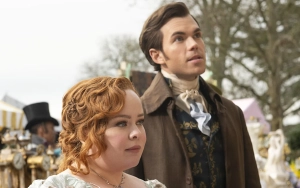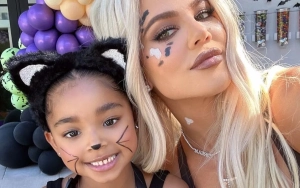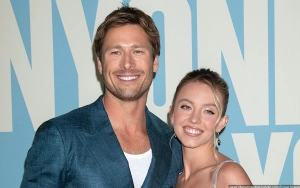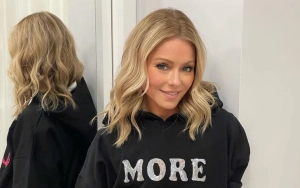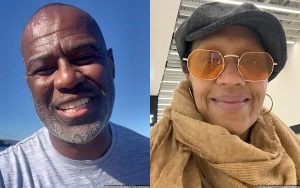The 'Maleficent' actress says the coronavirus pandemic and the nationwide Black Lives Matter protests have forced her to rethink the priorities of her humanitarian work.
- Jun 13, 2020
AceShowbiz - Angelina Jolie is reconsidering her priorities following nine weeks of coronavirus lockdown and the recent Black Lives Matter protests.
The actress has focused much of her efforts on international charity work as a Special Envoy to the United Nations
High Commissioner for Refugees, but recent calls for racial equality back home in the U.S. and the effects of the COVID-19 pandemic have forced her to rethink what's important in her life.
The mother-of-six tells Harper's Bazaar UK, "After almost two decades of international work, this pandemic and this moment in America has made me rethink the needs and suffering within my own country."
Angelina recently donated $200,000 to support the National Association for the Advancement of Colored People's Defense Fund and aid the group's fight for social justice, and now she admits she fears for the safety of Zahara, the daughter she and her ex-husband Brad Pitt adopted from Ethiopia.
"A system that protects me but might not protect my daughter - or any other man, woman or child in our country based on skin colour - is intolerable," she shares. "We need to progress beyond sympathy and good intentions to laws and policies that actually address structural racism and impunity."
Despite the upset, the "Maleficent" star feels heartened by the social progress in the last two weeks, following the death of George Floyd at the hands of Minnesota police officers.
"It feels like the world is waking up, and people are forcing a deeper reckoning within their societies," she notes.
Although Angelina is now paying more focused attention to domestic problems in the United States, her international work with refugees is ongoing and she is concerned with how the pandemic has made bad situations worse across the world.
"I'm deeply worried about the impact of the pandemic and the global economic crisis on refugees," she shares. "They are people who have been driven from their homes and countries by bombs, rape and violent persecution in all its forms, long before this virus. They live with xenophobia and racism and prejudice every single day and are some of the most vulnerable people in the world when it comes to the economic consequences of the pandemic."




